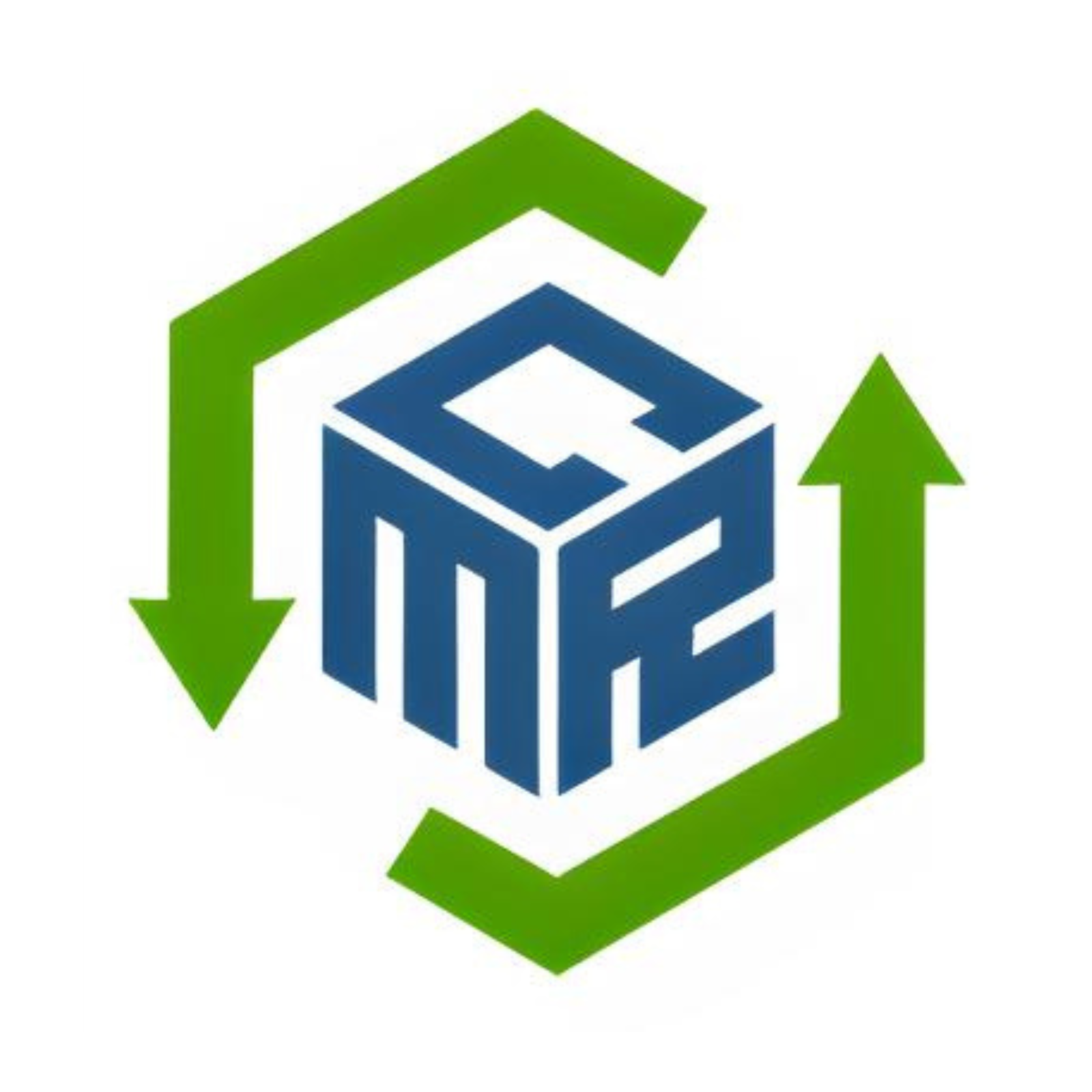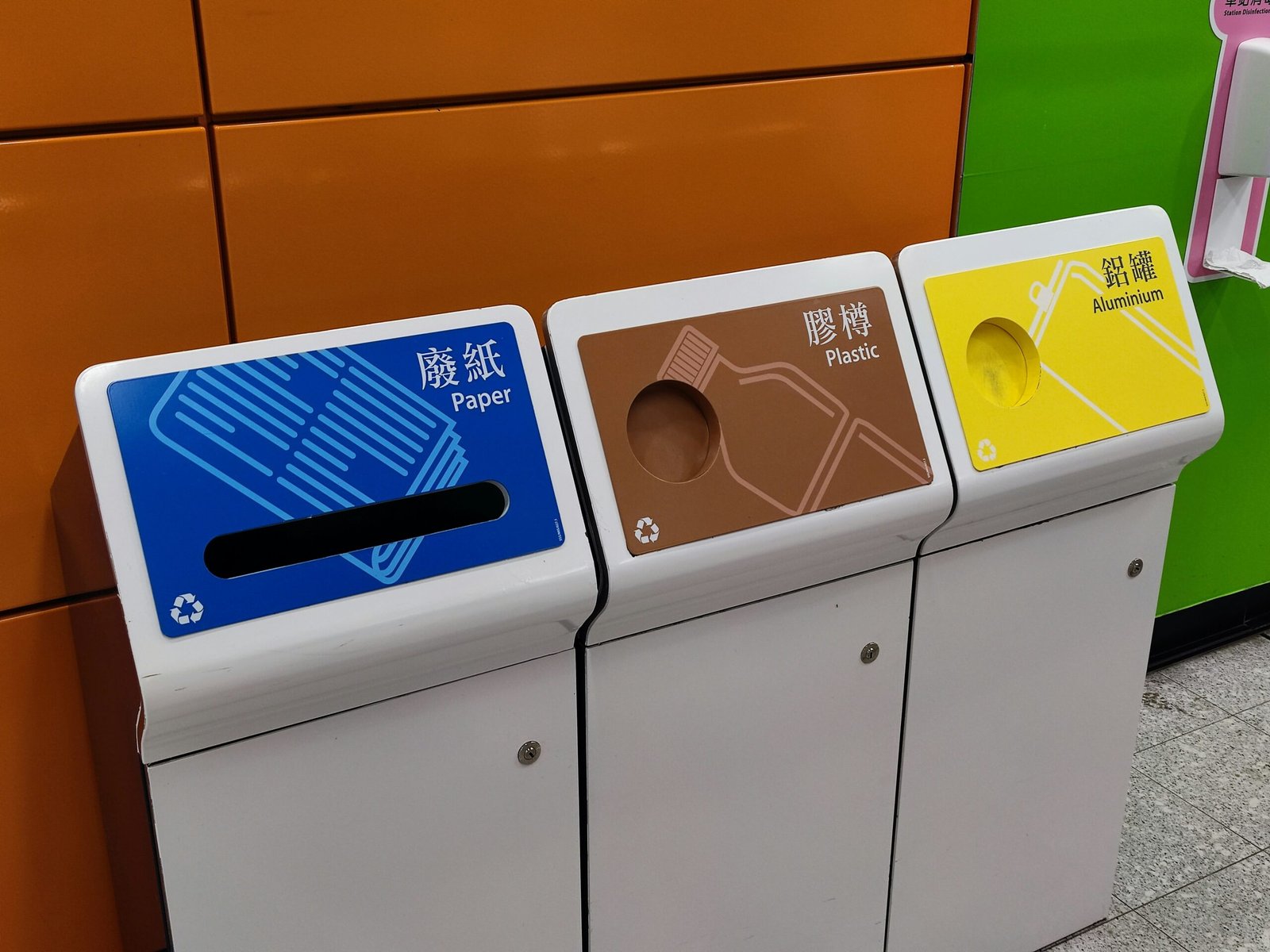
The Rise of Aluminium Production in the UAE
The United Arab Emirates (UAE) has experienced significant growth in aluminium production over the past few decades, firmly establishing itself as a global leader in the industry. This evolution can be traced back to the 1970s when the UAE began investing in an industrial base to diversify its economy, which heavily relied on oil revenues. Recognizing the potential of aluminium as a critical material in numerous sectors, the UAE government initiated several policies aimed at promoting industrial growth, particularly in manufacturing.
One of the pivotal moments in the rise of aluminium production was the establishment of Emirates Aluminium (EMAL) in 2007, which was later transformed into the Abu Dhabi National Aluminium Company (ADNOC). This facility, which was one of the largest single-site aluminium smelters in the world, marked a significant investment in the country’s infrastructure and laid the groundwork for future growth. Such investments have been buoyed by strategic partnerships with major global players, ensuring that the UAE has access to cutting-edge technology and expertise.
The geopolitical landscape of the UAE also provides a unique advantage in the aluminium sector. Situated at the crossroads between East and West, the UAE serves as an invaluable hub for trade, facilitating the export of aluminium products across global markets. Additionally, the country’s abundant natural resources, particularly natural gas, contribute to lower production costs, making UAE aluminium competitive on an international scale. These factors, combined with a stable political environment and a business-friendly regulatory framework, have all contributed to the robust growth of aluminium production in the UAE. As the industry continues to evolve, the UAE remains well-positioned to lead advancements in aluminium manufacturing well into the future.
Innovative Technologies Driving Efficiency
The United Arab Emirates (UAE) has emerged as a leader in aluminium production, propelled by the integration of innovative technologies that enhance operational efficiency. Among these advancements, advanced smelting processes stand out. These systems utilize more energy-efficient methods that dramatically reduce power consumption, which is crucial given that energy costs significantly impact overall production expenses. By employing new techniques such as the use of inert anodes, smelters are able to decrease greenhouse gas emissions, reflecting the UAE’s commitment to sustainability while maintaining production quality.
Another key advancement is the implementation of energy-efficient production methods. Modern aluminium producers in the UAE are adopting methodologies that optimize resource usage without compromising output. These approaches include recycling waste heat generated during production processes, facilitating energy recovery and minimizing the carbon footprint associated with aluminium manufacturing. This strategic dependency on reduced energy consumption not only enhances operational productivity but also aligns the aluminium industry with the UAE’s broader environmental goals.
Moreover, the integration of automation and artificial intelligence (AI) in manufacturing processes is transforming the landscape of aluminium production. Automated systems can optimize production scheduling, manage inventory, and monitor equipment performance in real-time, resulting in reduced downtime and heightened reliability. A notable example can be seen in the operations of Emirates Global Aluminium (EGA), which has implemented AI-driven maintenance systems that predict machinery failures before they occur, thereby enhancing efficiency and cost-effectiveness.
Case studies of companies such as EGA illustrate the profound impact these technologies have had on the market. By embracing innovative smelting processes and AI-driven automation, these enterprises have not only improved their production capabilities but also set new standards for environmentally responsible operations. As a result, the UAE continues to pave the way in aluminium production, exemplifying how the fusion of technology and sustainability can yield unprecedented advantages in a competitive industry.
Sustainability Initiatives in Aluminium Manufacturing
The United Arab Emirates (UAE) has emerged as a prominent leader in aluminium production, not only for its output but also for its commitment to sustainability in the manufacturing sector. Over recent years, UAE aluminium producers have initiated several progressive measures aimed at reducing carbon emissions and enhancing environmental stewardship. These initiatives mirror the country’s broader strategy to align with global environmental targets while fostering economic growth.
One significant aspect of sustainability in UAE’s aluminium manufacturing is the increasing focus on reducing the carbon footprint throughout the production process. Companies such as Emirates Global Aluminium (EGA) have implemented cutting-edge technologies that improve energy efficiency and minimize greenhouse gas emissions. For example, EGA’s use of modern smelting techniques has resulted in lower emissions per tonne of aluminium produced, reinforcing their commitment to a more sustainable production paradigm.
In addition to reducing emissions, the UAE has prioritized recycling, a critical component of sustainability in aluminium manufacturing. The country has established robust recycling programs aimed at reclaiming waste materials from aluminium production. These initiatives contribute to enhancing recycling rates, ensuring that valuable resources are not wasted. Additionally, the recycling process inherently requires less energy compared to primary aluminium production, further minimizing environmental impact.
Moreover, the responsible sourcing of raw materials remains a central focus for manufacturers in the UAE. By engaging in ethical sourcing and supply chain transparency, they ensure that the materials used in production meet stringent environmental standards. This commitment has been recognized through various sustainability certifications that reflect adherence to best practices in environmental management.
Overall, the UAE’s aluminium producers have made significant strides toward sustainability by implementing innovative production techniques, enhancing recycling efforts, and promoting responsible sourcing. These initiatives not only support the local economy but also place the UAE at the forefront of global efforts to make the aluminium industry more sustainable.
The Future of Aluminium Production in the UAE
The future of aluminium production in the UAE appears promising as significant investments and strategic projects are on the horizon. As one of the world’s leading producers, the UAE is well-positioned to enhance its production capacities to meet the growing global demand for aluminium. Recent announcements from major players in the industry illustrate a commitment to expanding operational capabilities, with projects aimed at increasing output while adhering to sustainability standards.
One notable investment includes the development of advanced smelting technologies that utilize energy-efficient methods, thereby reducing the carbon footprint associated with aluminium production. Such innovations not only align with global sustainability trends but also strengthen the UAE’s reputation as an environmentally responsible aluminum producer. Companies like Emirates Global Aluminium (EGA) are leading the charge, investing significantly in both capacity expansion and technological advancements to maintain their competitive edge.
Despite these opportunities, the industry is faced with challenges such as fluctuating prices of raw materials, which can impact profitability. Additionally, the aluminium sector is not immune to increasing competition from countries with abundant natural resources and lower production costs. Adaptation and innovation will be key for the UAE to overcome these barriers. Strategic alliances and partnerships may offer pathways to enhance resource efficiency, further positioning the UAE as a powerhouse in aluminium production.
Moreover, as the demand for aluminium continues to rise, particularly in sectors such as automotive, construction, and packaging, the UAE is strategically aligning itself to meet this global requirement. The Implementation of robust regulatory frameworks to support local manufacturing while ensuring alignment with international standards will give the UAE a competitive advantage. Overall, the ongoing developments suggest that the UAE will not only sustain its leadership in aluminium production but also amplify its influence on the global stage in the coming years.




Leave a Reply